Podcast: Play in new window
The biggest oil field the world had ever seen, a foreign military occupation and a socialist revolution in the north. As Russia’s influence wanes, Britain seizes control of Iran’s newfound oil wealth and expands its influence in the region.
Follow us on Instagram, TikTok or X (Twitter).
For early access to episodes, become a supporter on Patreon.
Episode Summary
In the early 20th century, Iran underwent a transformative period centred around the discovery of oil and its far-reaching consequences. The Qajar dynasty, ruling Iran at the time, had a practice of selling concessions to foreign powers. William Knox D’Arcy, an English entrepreneur, capitalized on this in 1901, securing rights to explore for oil in southern Iran.
After years of challenging exploration, D’Arcy’s team, led by George Reynolds, struck oil in Masjed Soleyman in 1908. This discovery led to the formation of the Anglo-Persian Oil Company (APOC), which quickly dominated oil operations in the region. Recognizing oil’s strategic importance, the British government purchased a majority stake in APOC in 1913, a move championed by Winston Churchill.
The city of Abadan was developed rapidly as an oil hub, but with stark inequalities between British and Iranian quarters. As World War I began in 1914, Britain increased its military presence in Iran to protect its oil interests. Percy Sykes established the South Persia Rifles in 1916, adding to the complex military landscape that included the Persian Gendarmerie and Cossack Brigade.
Concurrently, the socialist Jangal movement in the north of the country, led by Mirza Kuchak Khan gained momentum, especially after the 1917 Bolshevik Revolution. With support from the Red Army, the movement briefly declared the Gilan Socialist Republic in 1920, challenging both the central government and British interests.
In 1919, the Anglo-Persian Agreement, championed by British statesman George Curzon, aimed to grant Britain extensive control over Iranian affairs under the guise of a partnership. Despite initial support from some Iranian officials, widespread public opposition led to its cancellation in 1920.
This period set the stage for significant changes in Iran, foreshadowing the rise of Reza Khan and the ultimate fall of the Qajar dynasty.
Music
- Forgotten Marches- Kai Engel
- Somber Descent – Kai Engel
- Somnolence – Kai Engel
- Cinematic Epic Orchestra – Alex Productions

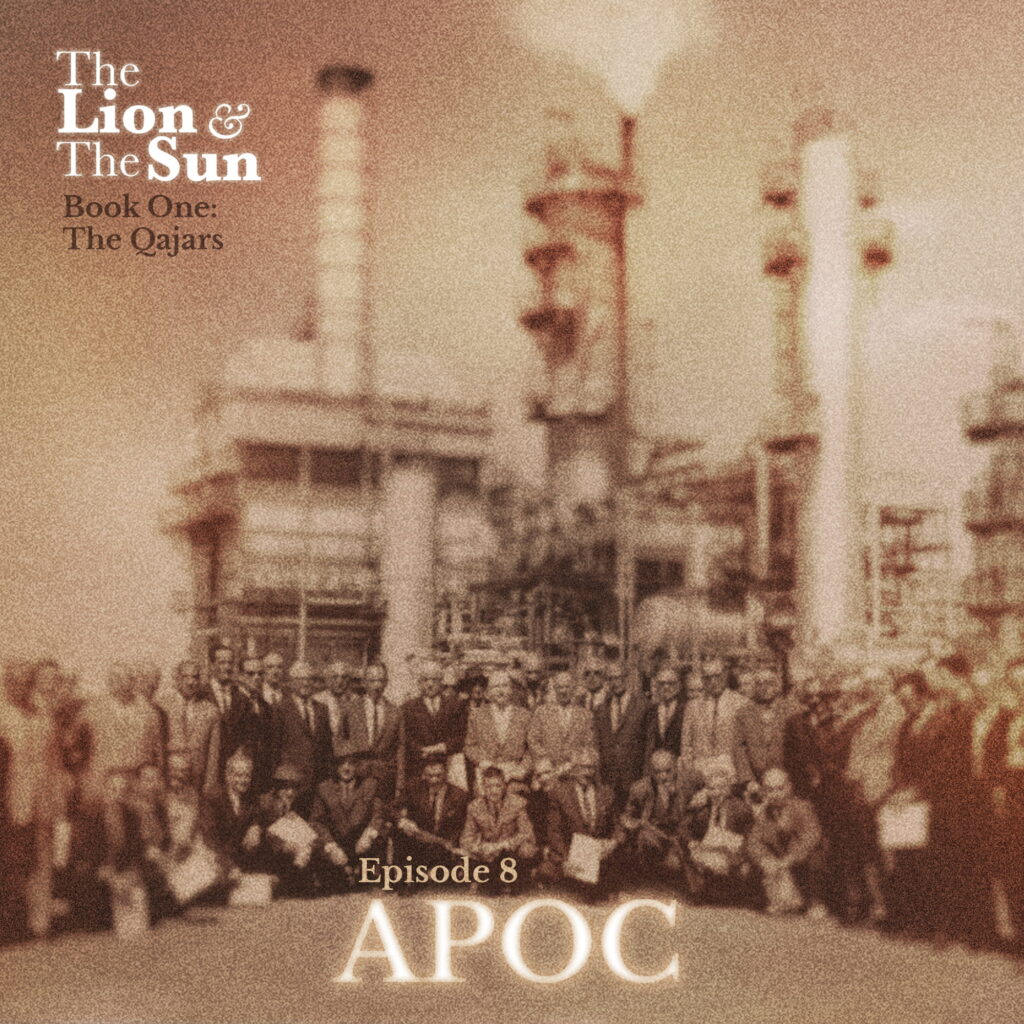
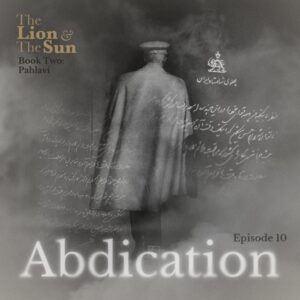


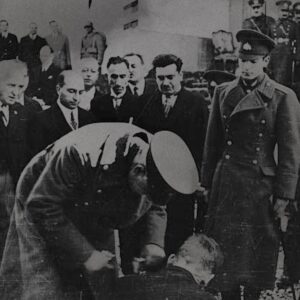
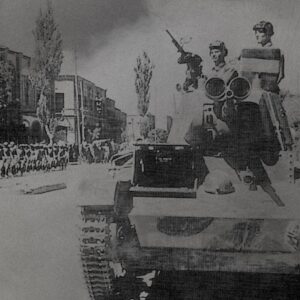
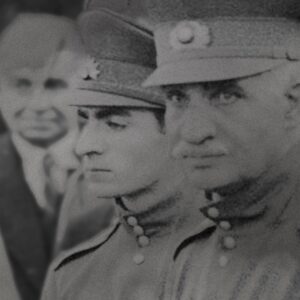
3 Responses
Dear Sir/Madam,
I listened to this pod cast about how Iran discovered in Iran. It was interesting to learn how England and Russia played Machiavellian game with Iran to dominate and exploit Iran’s natural resources. Mirza Kuchak Khan planned to hand over Iran to Russia, and glad to see he failed to do so.
Thank you
Yours sincerely,
Peyman ADL DOUSTI HAGH